Pregnant, Elderly, Marginalised: Mental Health Impact of COVID-19 on the Vulnerable
Mental health is an issue for many during these times. But our vulnerable population, including frontline workers, are the ones taking the brunt of this global contagion.
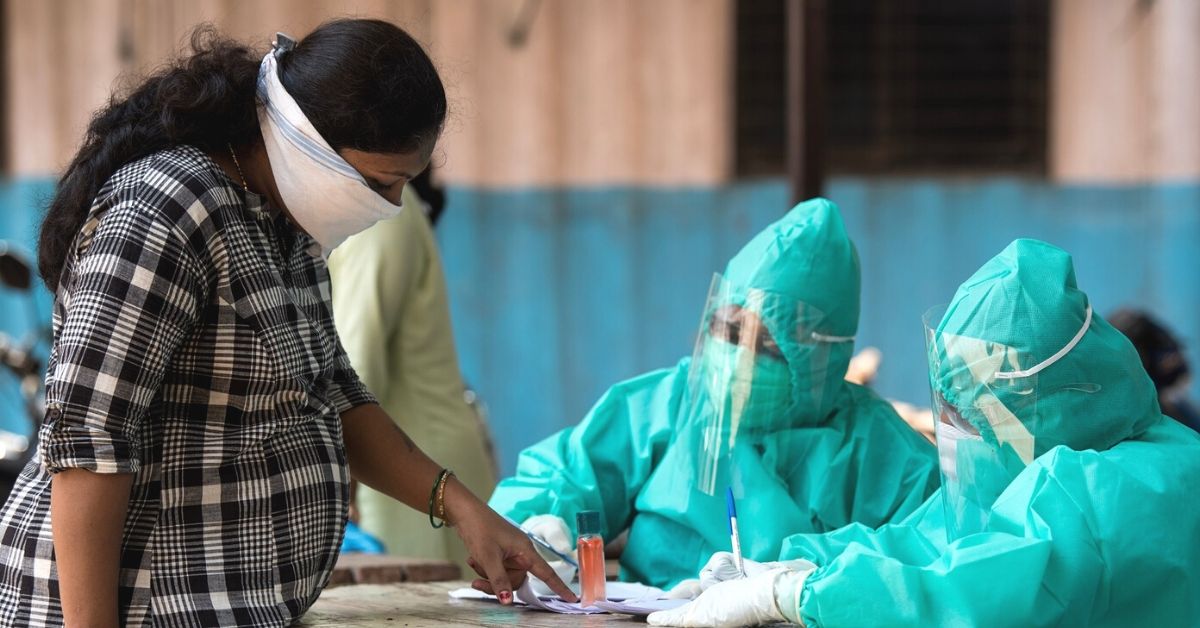
With The Positive Collective, The Better India’s COVID-19 coverage is available to regional language publications for free. Write to [email protected] for more details.
COVID-19 has brought our lives to a standstill. Shutdowns, austere practicing of social (physical) distancing, and an abrupt pause to daily functioning can be noticed all over the world. While these critical measures have to be taken to weaken the outbreak, they have severe repercussions on our mental health.
Elevated levels of anxiety, stress, fear, and depression are some of the common reactions to the crisis in terms of public mental health. A substantial increase in alcohol and drug use, self-harm, and suicidal behaviour is also expected.
Although the entire human species is presently affected by it in one way or another, vulnerable populations are the ones taking the brunt of this global contagion.
What is vulnerability in the context of health emergencies?
According to WHO, it is the degree to which a population, organisation, or individual is unable to anticipate, cope, resist, and recover from the impact of disasters. This means that vulnerability is dynamic and the communities that are considered to be vulnerable change according to the situation.
On the report of research evidence at hand and clinical expertise, some of the populations that are redefined as vulnerable, and thus, heavily impacted in terms of mental health from the backlash of COVID-19 are –
1. The underprivileged
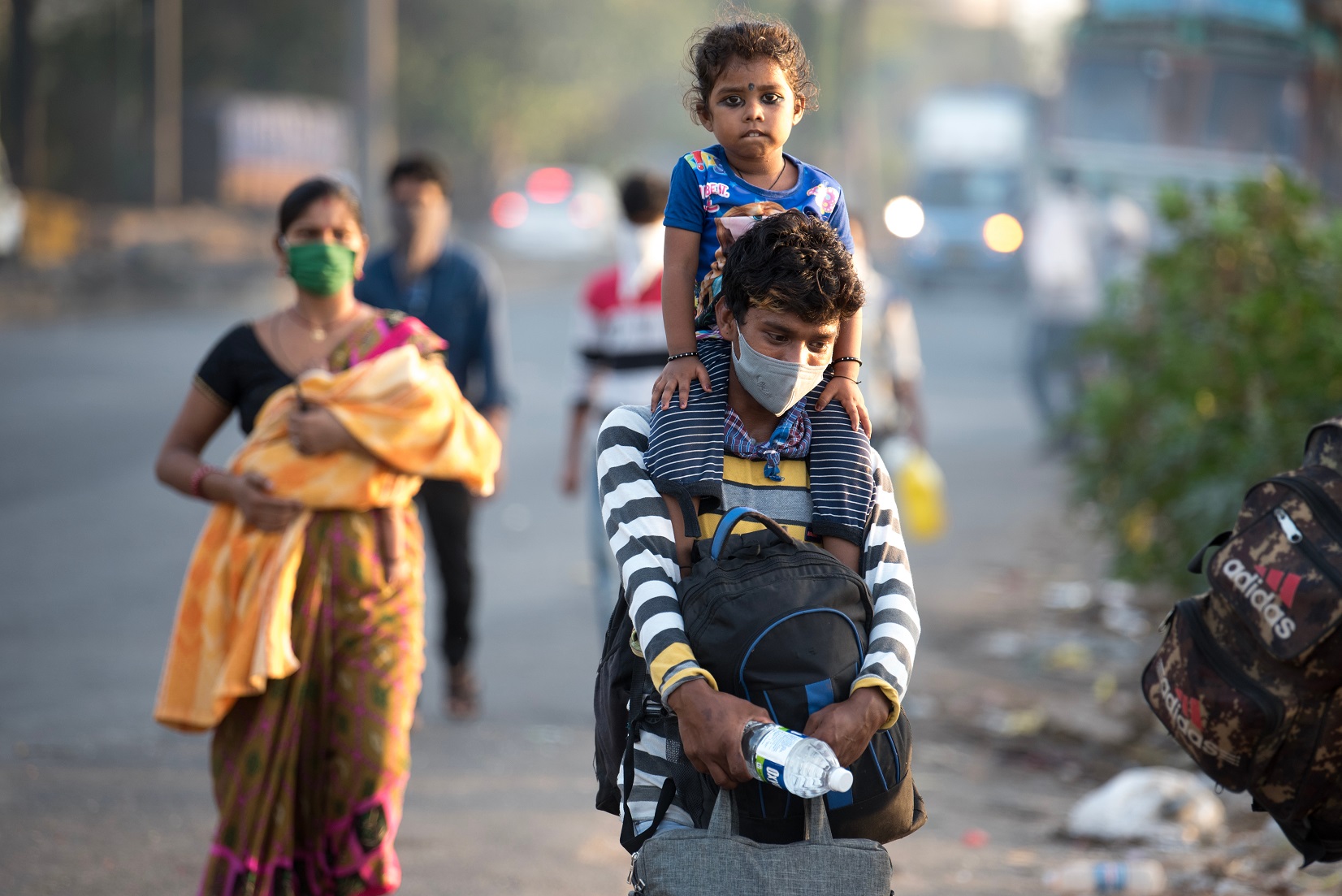
While more than half of the world’s population is cooped up in houses, thousands lack the privilege of being adequately housed. Following the governmental guidelines is nearly impossible for the deprived. Poverty and its consequences have resulted in undue distress, impairment to social and occupational functioning, and higher rates of anxiety and depressive disorders. This stress-inducing pandemic has heightened their fear of hunger, forcing them to take desperate measures such as braving the long march home for survival.
We must consider their needs, offer them access to cost-free/cheap psychosocial support, create ethical policies, and digitally educate them in terms of mental health.
2. People with pre-existing mental and physical conditions and pregnant women
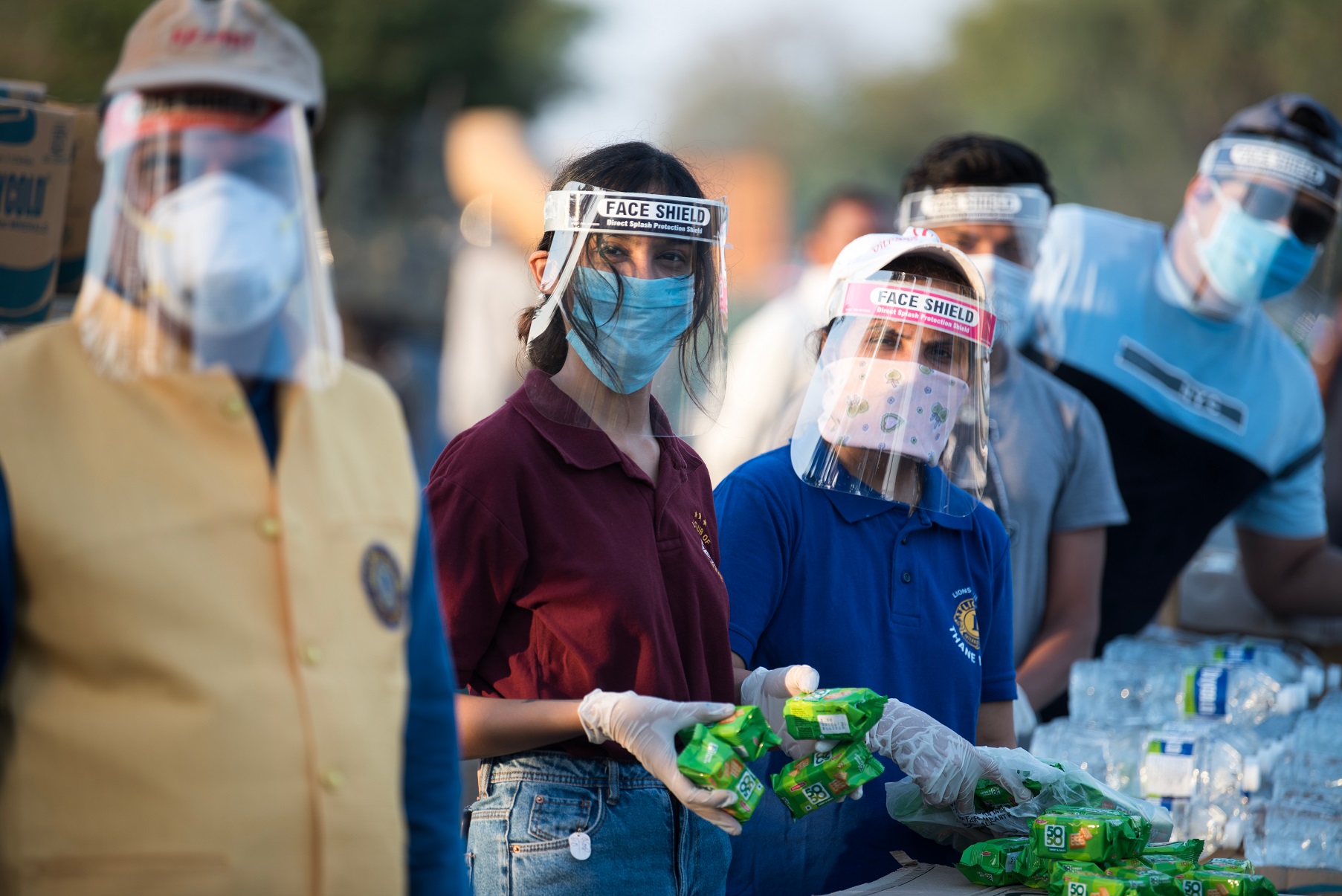
Those afflicted with ill-health, comorbidity and/or existing mental health illnesses are at substantial risk of worsening their disease due to the psychological feelings of distress, fear, helplessness, loneliness, and anxiety, disturbed sleeping patterns, and inability to make regular visits for evaluations because of the nationwide lockdowns.
Similarly, pregnancy can be an exciting period, but also one of uncertainty. The contagion understandably adds stress and may cause anxiety in new mothers and family members. Since this group of people and their caregivers are majorly influenced by the emotional responses brought on by the COVID-19 pandemic, practicing grounding techniques, being aware of the new/worsening symptoms, carrying on with their treatment and keeping a constant check on their physical and mental state, can help them stay mentally healthy.
3. Older adults
The aged are prone to the virus, mainly due to their underlying medical conditions, if any, and weakened immune systems. They crave connection all the time, not just during a pandemic. Since social isolation has become a familiar facet of everyday life, research has shown that loneliness increases the risk of anxiety, depression, and stress in older adults – leading to poor physical health and behaviors, poor sleep quality, and more sedentariness.
Dr Avinash DeSousa suggests “..ensuring that the basic needs of the elderly are fulfilled, making them technologically aware to stay connected with their loved ones and keeping an eye on their physical and mental condition is what we can do as a society. Overall, there is a need for the youth to rise to the occasion and volunteer to look after the aged.” He is Consultant Psychiatrist and Psychotherapist, Research Associate at Lokmanya Tilak Municipal General Hospital and Medical College, Mumbai.
According to Janki Mehta, Counseling Psychologist, and Psychotherapist, “…community-driven efforts like empathising with them, being patient and compassionate, helping them carry out routine tasks, and simply keeping them company can be beneficial and provide them with much-needed emotional support.”
4. Victims and survivors of abuse
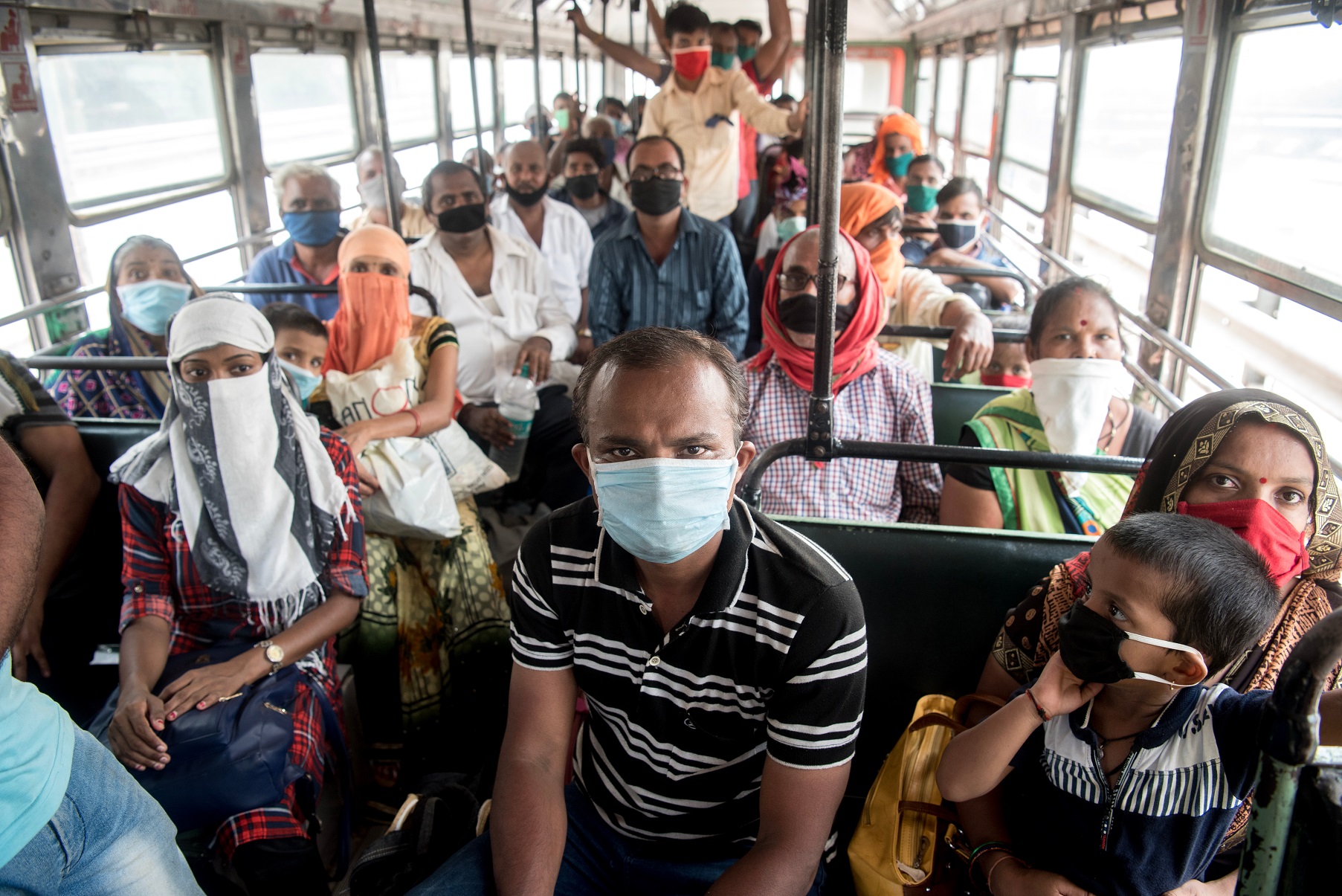
Sexual and gender minorities are also vulnerable to domestic violence during the pandemic, partly because of the stressors they already face as marginalised members of society. Being stuck with the perpetrator and having nowhere to run can lead to harmful mental health outcomes such as depression, post-traumatic stress disorder (PTSD), and risky sexual and substance use behaviors.
Such situations can also act as trauma triggers, aggravating the condition of survivors.
“In a domestically abusive environment, it is important for them to protect their heads to avoid severe injuries and identify the triggers of the abuser to prevent the abusive situation. 103 and 1098 are helpline numbers for women and children in distress,” states Shipra Parswani. She is President of The Plane Jar NGO, which provides psycho-socio-economic aid for mental health for the LGBTQIA+ community.
5. Frontline workers
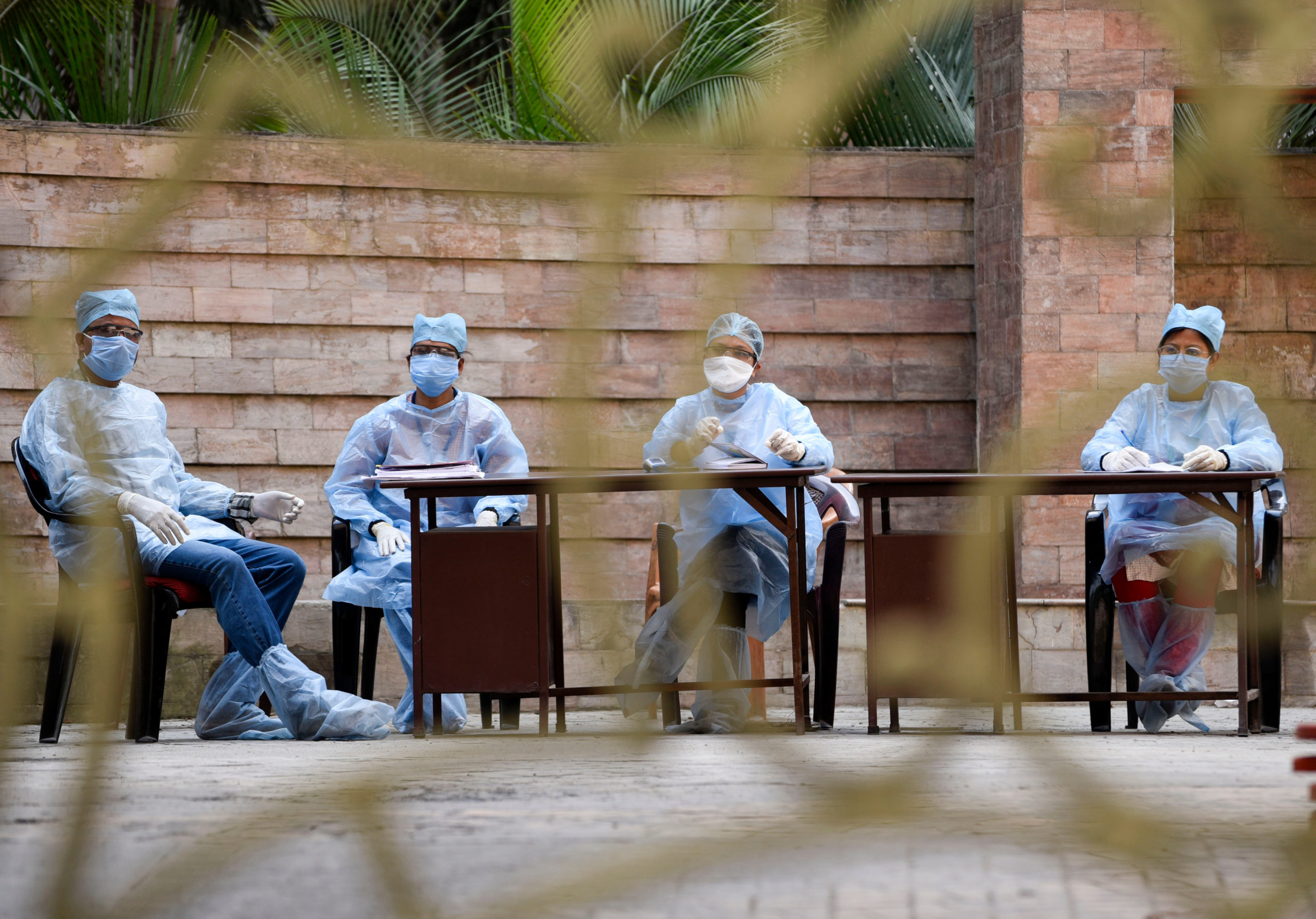
Workers across a vast array of industries – healthcare, sanitation, police, security, retail – are relentlessly working to fight COVID-19. This may exacerbate work-related stress and trauma, cause burnout, and intensify their psychological suffering.
By putting their lives on the line, they are directly facing the threat of infection. Lack of equipment, supplies, funding, and resources may heighten their sense of helplessness. Moral injury, depression, anxiety, insomnia, and PTSD are some of the psychological impacts jeopardising their mental health.
“Being corona warriors, it is essential for them to take care of their mental health in this difficult time. In their free time, they must do things to lighten up their mood like watching interesting and humorous movies, meditating, spending time with their family, or reading. Monitoring those who are at high risk for enduring distress, and educating them about relaxation techniques, depression, and anxiety management can play a protective role,” Dr DeSousa says.
Also Read: Coronavirus & Anxiety: How To Care For Your Mental Health Amid ‘Social Distancing’
COVID-19 is an infectious disease that threatens us physically, overshadowing mental health and its concerns, making the situation more dire. This can be prevented by structuring optimal directions for mental well-being and encouraging people to follow them religiously.
(Written by Ankita Gupta and Edited by Shruti Singhal)
Like this story? Or have something to share?
Write to us: [email protected]
Connect with us on Facebook and Twitter.
If you found our stories insightful, informative, or even just enjoyable, we invite you to consider making a voluntary payment to support the work we do at The Better India. Your contribution helps us continue producing quality content that educates, inspires, and drives positive change.
Choose one of the payment options below for your contribution-
By paying for the stories you value, you directly contribute to sustaining our efforts focused on making a difference in the world. Together, let’s ensure that impactful stories continue to be told and shared, enriching lives and communities alike.
Thank you for your support. Here are some frequently asked questions you might find helpful to know why you are contributing?


This story made me
-
97
-
121
-
89
-
167













